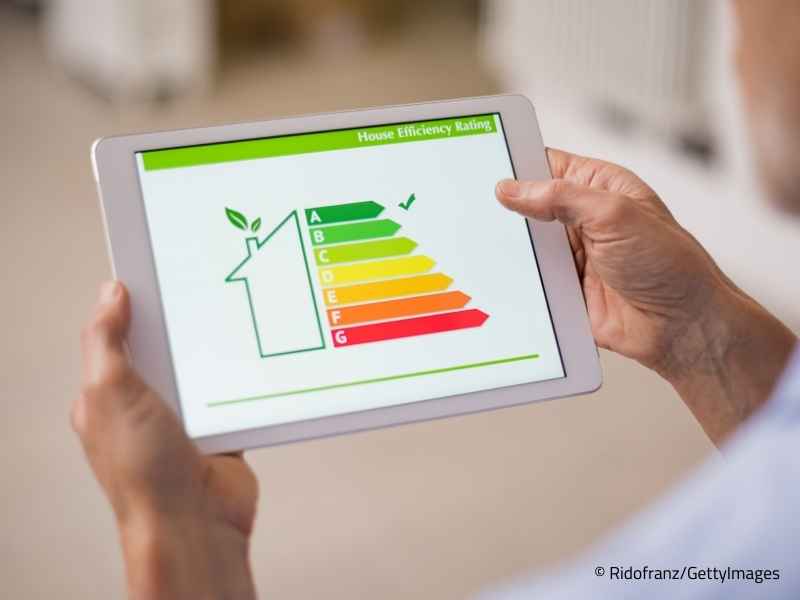The 5th Annual Women in Data Science (WiDS) Datathon will launch in January, in advance of the WiDS Worldwide Conference to be held on March 7th, 2022. This year’s WiDS Datathon, organized by the WiDS Worldwide team, Stanford University, Harvard University IACS, and the WiDS Datathon Committee, will address an important way to mitigate the effects of climate change with a focus on energy efficiency. The WiDS Datathon Committee is partnering with experts from many disciplines at Climate Change AI, Lawrence Berkeley National Laboratory (Berkeley Lab), US Environmental Protection Agency (EPA), and MIT Critical Data.
Background on the challenge
Climate change is a globally relevant, urgent, and multi-faceted issue heavily impacted by energy policy and infrastructure. Addressing climate change involves mitigation (i.e. mitigating greenhouse gas emissions) and adaptation (i.e. preparing for unavoidable consequences). Mitigation of GHG emissions requires changes to electricity systems, transportation, buildings, industry, and land use. According to a report issued by the International Energy Agency (IEA), the lifecycle of buildings from construction to demolition were responsible for 37% of global energy-related and process-related CO2 emissions in 2020. Yet it is possible to drastically reduce the energy consumption of buildings by a combination of easy-to-implement fixes and state-of-the-art strategies². For example, retrofitted buildings can reduce heating and cooling energy requirements by 50-90 percent³. Many of these energy efficiency measures also result in overall cost savings and yield other benefits, such as cleaner air for occupants. This potential can be achieved while maintaining the services that buildings provide.
The dataset and challenge
The WiDS Datathon dataset was created in collaboration with Climate Change AI (CCAI) and Lawrence Berkeley National Laboratory (Berkeley Lab). WiDS Datathon participants will analyze regional differences in building energy efficiency, and build models to predict building energy consumption, an important first step in understanding how to maximize energy efficiency. Accurate predictions of energy consumption can help policymakers target retrofitting efforts to maximize emissions reductions.
Who can participate in the datathon & how does it work
The WiDS Datathon will run from early January to late February 2022 on Kaggle, an online community of data scientists. Training and validation sets will be provided for model development; you will then upload your predictions for a test set to Kaggle and these will be used to determine the public leaderboard rankings and the winners of the competition. Winners will be announced at the WiDS Worldwide Conference held in-person, and online, on March 7, 2022.
…
The dataset and challenge will be accessible to both beginners and experienced participants. For those who have never tried machine learning, we will be releasing a series of guides to help you get started with the algorithms and dataset. Many WiDS ambassadors will host datathon workshops, where participants will be able to receive mentorship, form teams, and hone their data science skills.
Getting started
Make your plans to join this year’s WiDS Datathon:
- Sign up now to participate. We will send you the link to the dataset on Kaggle.
- Set up your account on Kaggle, so that you’ll be ready to go when the datathon opens
- Join the WiDS datathon mailing list to make sure you receive news about the WiDS worldwide conference as well as datathon news.
- Consider forming a team with new collaborators! Connect with potential teammates on the Kaggle forums or through social media with #WiDSDatathon. We will also share opportunities to join WiDS Datathon workshops hosted by WiDS ambassadors around the world, where you can connect with team members and mentors.
Be creative, and have fun! Good luck to all participants!

